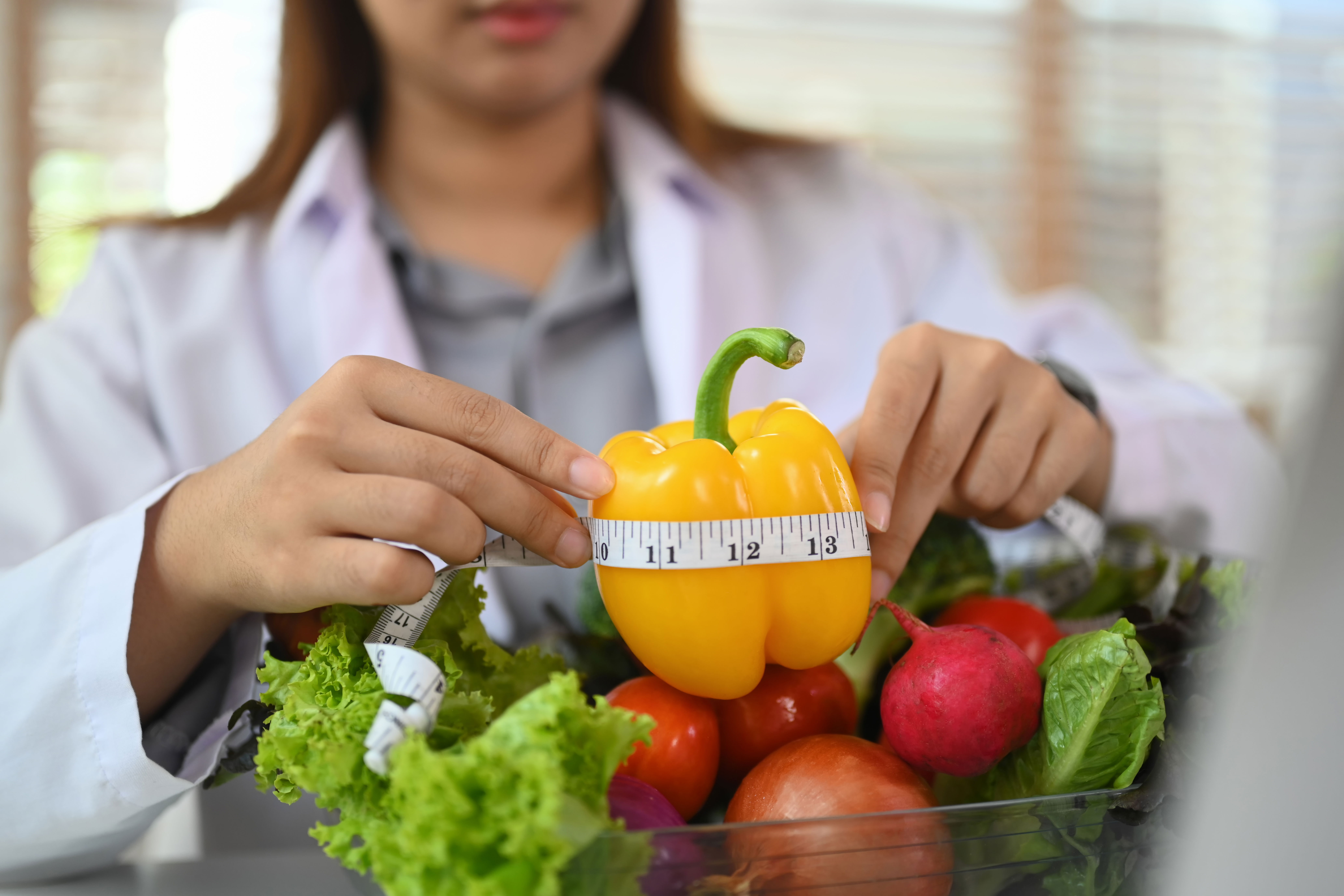Reducing Food Waste: Turning Oversized, Undersized, and Overproduced Agricultural Produce into Nutritious Solutions
In the Philippines, a significant amount of agricultural produce goes to waste because it is either undersized, oversized, or results from overproduction. This wastage is not only a loss of valuable resources but also a missed opportunity to address malnutrition, support feeding programs, and provide food during emergencies. By leveraging innovative solutions, we can transform these "imperfect" produce into valuable food resources and challenge the government to procure them for local benefit.
The Problem of Food Waste
Agricultural produce often goes to waste for several reasons:
- Size Standards: Fruits and vegetables that do not meet specific size criteria are often discarded.
- Overproduction: Surplus crops that exceed market demand end up rotting or being thrown away.
- Aesthetic Imperfections: Produce with minor blemishes or irregular shapes is frequently rejected by retailers.
This wastage is particularly disheartening in a country where many people suffer from food insecurity and malnutrition.

Innovative Solutions
To combat food waste and turn discarded produce into nutritious solutions, several innovative approaches can be implemented:
- Processing and Preservation:
- Dehydration: Transforming surplus fruits and vegetables into dried snacks or ingredients that have a longer shelf life.
- Canning and Jarring: Preserving imperfect produce through canning and jarring to create jams, sauces, and pickles.
- Juicing and Pureeing: Producing juices, purees, and soups from imperfect produce.
- Community Kitchens and Feeding Programs:
- Soup Kitchens: Utilizing surplus produce to prepare nutritious meals for community feeding programs.
- School Feeding Programs: Incorporating locally sourced, imperfect produce into school meal plans to support child nutrition.
- Emergency Food Supplies:
- Food Banks: Stockpiling processed and preserved produce for distribution during natural disasters and emergencies.
- Ready-to-Eat Meals: Creating packaged, ready-to-eat meals from surplus produce to provide immediate relief during crises.
Government's Role
The government has a pivotal role to play in supporting these initiatives:
- Procurement Policies: Encourage the procurement of locally sourced, imperfect produce for government feeding programs and public institutions.
- Subsidies and Incentives: Provide financial incentives for farmers and food processors to handle surplus and imperfect produce.
- Awareness Campaigns: Promote the benefits of using imperfect produce through public awareness campaigns and education.
Call to Action
To address food waste and enhance food security, we must:
- Support Local Farmers: Purchase and use locally sourced produce, regardless of size or appearance.
- Advocate for Change: Encourage government policies that support the procurement and use of surplus produce.
- Innovate and Collaborate: Partner with local communities, businesses, and organizations to develop innovative solutions for food waste.
By working together, we can turn wasted agricultural produce into valuable resources that nourish our communities and contribute to a sustainable and food-secure future